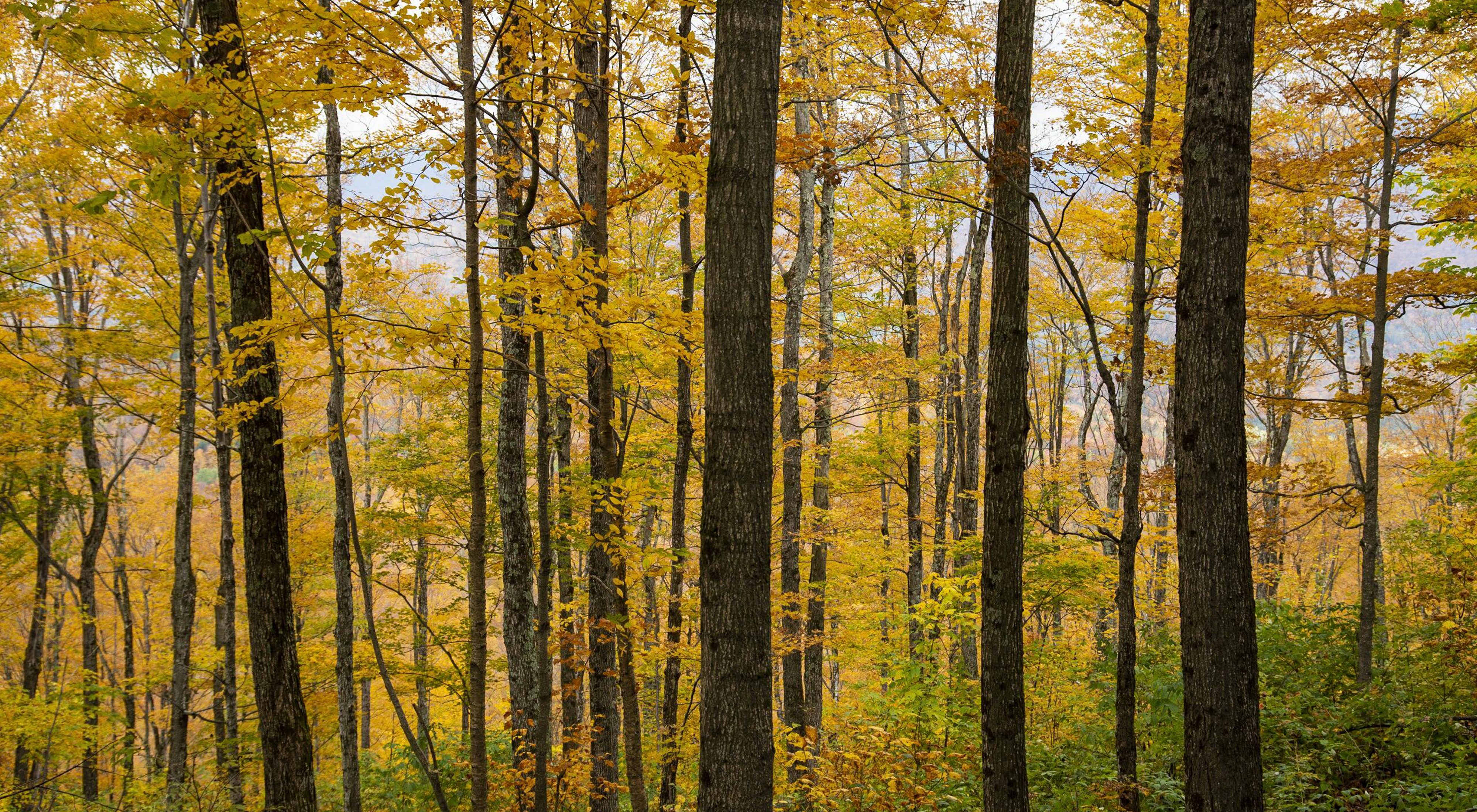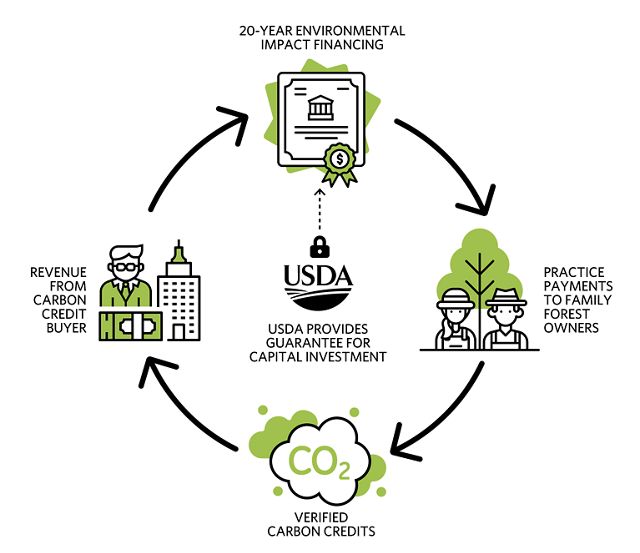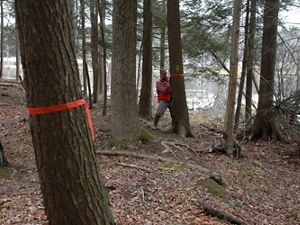Bipartisan proposals in Congress would help small-scale, family forest owners access new economic opportunities and increase their forests’ carbon sequestration and storage.
Across the country, family forest owners care for the largest portion—36 percent—of U.S. forests.
These private forest lands serve many purposes, such as offsetting carbon emissions, producing wood products, providing wildlife habitat and more.
While forest owners want to do right by their land, it can be expensive. Even in good times, one out of three family forest owners have a household income of less than $50,000 and struggle with the high cost of forest management and conservation.
Opening carbon markets to family forest owners could help stimulate rural economies, but a lack of technical assistance and high upfront costs are significant barriers.
Family Forest Carbon Program
The Family Forest Carbon Program, developed by the American Forest Foundation and The Nature Conservancy (TNC), provides a solution to carbon markets for America’s 22 million family forest owners, empowering them to address the country’s climate challenges.
The program:
- Gives small forest owners funding and expert assistance to improve woodland health.
- Provides ways for family forest owners to adopt forest management practices that maximize carbon benefits and generate income through voluntary carbon markets and other sources.
- Helps landowners consider the future of their forest land and the carbon it stores.
- Could sequester and store as much as two gigatons of carbon dioxide through the end of the century when fully scaled.

Rural Forest Markets Act
Carbon markets offer one of the most cost-effective opportunities to empower family forest owners to act on climate as they leverage private investment rather than needing government funding. To support family forest owners in acting on climate, Sens. Debbie Stabenow, D-Mich., and Mike Braun, R-Ind., have introduced the Rural Forest Markets Act, a bill that would create carbon markets for small forest holders. The act would:
- Help small-scale, family forest owners access new economic opportunities and increase their forests’ carbon sequestration and storage.
- Give the Department of Agriculture the authority to issue up to $150 million in guarantees for loans and bonds that help create carbon markets for small and family forest owners, such as the Family Forest Carbon Program.
- Provide voluntary incentives to small family landowners to adopt climate-friendly forest practices.
- Unlock new revenue streams for landowners needed to invest in land management that will eventually generate value in the form of carbon, water or another similar commodity that can be sold in a marketplace.
- Allow the United States to achieve the necessary scale of climate impact as well as bring private finance from large corporations to rural America.
Quote: Heather Furman
Helping private family forest landowners manage their forests to increase the amount of carbon they store is one of the most effective and low-cost ways to tackle climate change.
Our Goals for 2030
Our planet faces the interconnected crises of rapid climate change and biodiversity loss.
the time for action is now



